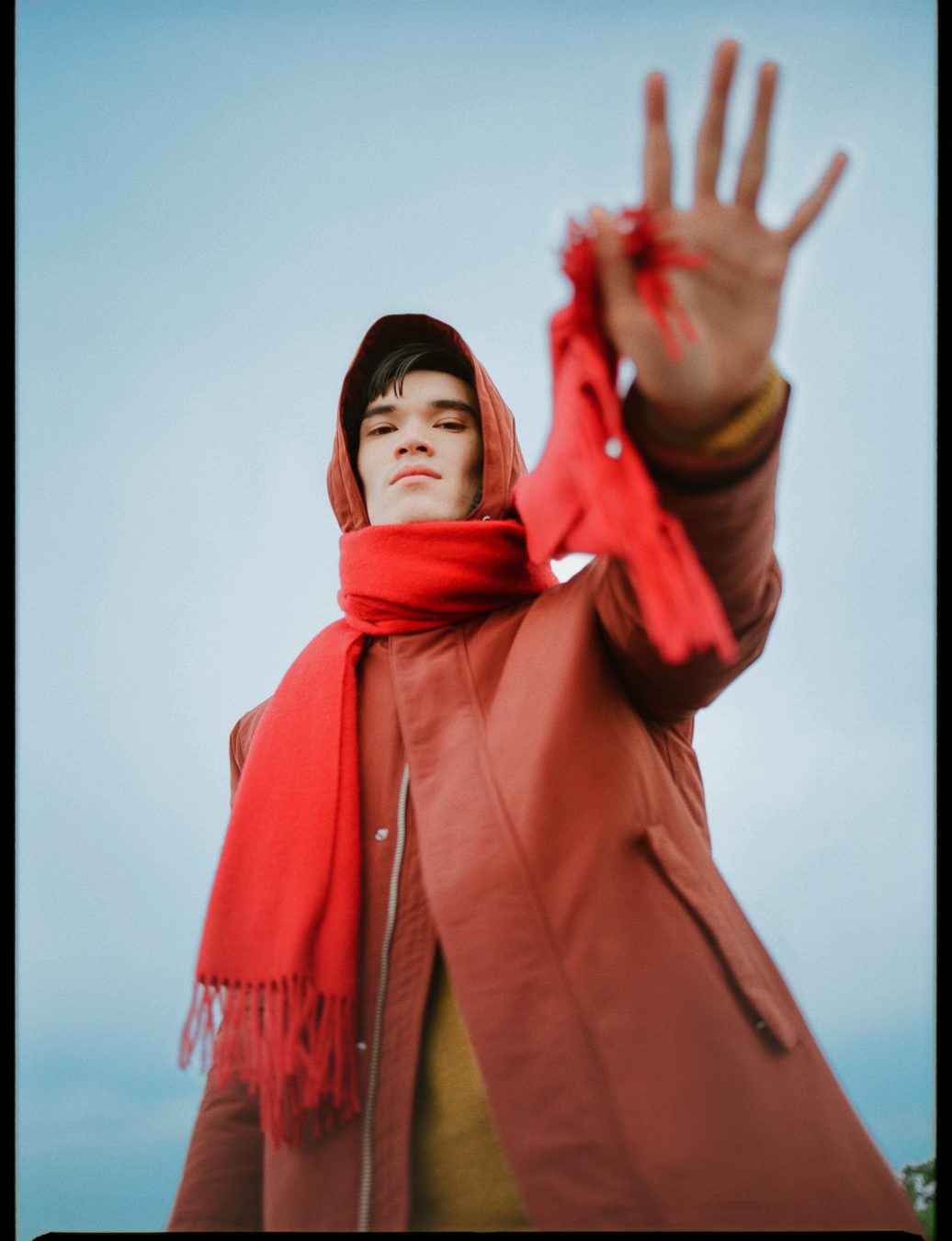For all its beauty, fashion definitely has an ugly side.
As the second-largest pollutant (behind only the oil industry), clothing production and disposal has become a worldwide problem. According to a 2017 report by the Ellen MacArthur Foundation, less than one per cent of the materials used to make garments are recycled; on top of that, the organization estimates that every second, a full garbage truck of textiles is destroyed or sent to the landfill. If things don’t start to change, the report approximates that the fashion industry’s oil use will balloon from 2015’s 98 million tonnes to 300 million tonnes in 2050.
It’s statistics like these that made the founders of Montreal-based clothing brand Frank And Oak decide to invest in the eco revolution. With its latest outerwear collection, a premium line that launched in October 2018, the company introduces a cruelty-free technical insulation called 3M Thinsulate that is made from recycled plastic. More lightweight than down, Thinsulate is also warmer than its animal-derived counterpart and does not absorb moisture when exposed to rain and snow.
Frank And Oak co-founder Ethan Song, who studied engineering at the University of British Columbia before pursuing his love of product design, fully admits that as a clothing brand, “we are part of the problem.” Speaking to a small group at a breakfast panel inside East Vancouver’s Werklab, Song acknowledges that there is no doubt it’s more expensive to produce sustainably, but believes “we have to as a company take on some of that cost.” They need to walk the walk, he argues, and then consumers will follow in their footsteps.
For him, conscious design starts with eco-friendly raw materials like Thinsulate—though of course, the aesthetic still “has to be cool.” And certainly these new jackets are cool, from the women’s Hygge Oversized Cocoon Coat (think comfy yet chic quilt for the coldest days) to the men’s Alpine Fishtail Parka (a sleek Scandinavian-style everyday for fall). As he discusses the collection, Song remains steadfast that the brand is committed to continuing its sustainability push, both through production innovations and through customer education (locals can discover this in-person at Frank And Oak’s Gastown store). One solution on the consumer side, he says, is simply to “buy less.” Which, of course, begs the question: how does he balance that philosophy with the fact that Frank And Oak relies on sales?
Speaking privately following the panel, Song admits that he does not have a straightforward answer, though he hopes that these higher-quality, environmentally-friendly garments provide better alternatives when it comes time to make a purchase. At the end of the day, though, “if you bought a winter jacket last year, don’t buy a sustainable one this year,” Song says thoughtfully. “Even if it’s Frank And Oak.”
Currently, 40 per cent of Frank And Oak’s clothing is made sustainably, though Song asserts that he wants the number to jump to 80 “as soon as possible.” The fashion industry still has a long way to go, but the every-bit-counts adage holds true; Frank And Oak is starting to do its part, and that is definitely a stylish quality.
Read more from Style.












